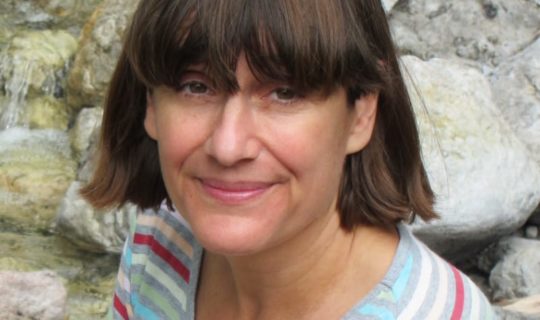
Professor Magdalena Götz
Institute for Stem Cell Research, Helmholtz Center Munich Biomedical Center, University of Munich, Germany
- 17:30
- Online , https://monash.zoom.us/j/81413671497?pw d=OHdPNmVGYXBubHl4d3RhekorTllkQT0 9
- Dr Jan Kaslin
Novel mechanisms of neurogenesis and neural repair
Bio
Magdalena Götz studied Biology at the University of Tübingen and did her Diploma and PhD work in the lab of Jürgen Bolz at the FMI in Tübingen on the mechanisms of how input connections to the cerebral cortex form during development as well as how specific neuronal subtypes are specified. She received the Otto-Hahn Award of the Max Planck Society for this work. She then moved to the National Institute for Medical Research in London to use retroviral vectors for clonal analysis in the lab of Jack Price and identified mechanisms delineating neighboring forebrain regions.
She then started her own lab at the Max-Planck Institute for Neurobiology where she made the breakthrough discovery that radial glial cells are neural stem cells. This inspired her to attempt turning also adult mature glial cells into neurons already in 2002 in vitro and in 2005 in vivo. In order to determine which glial cells best to convert to neurons after traumatic brain injury she systematically examined the roles of distinct glial subtypes after traumatic brain injury when she was appointed Director of the Institute of Stem Cell Research at the Helmholtz Center Munich in 2004 and Chair of Physiological Genomics, now at the Biomedical Center of the Ludwig-Maximilians University in Martinsried Munich. This led to the discovery of a novel role of reactive astrocytes and the in vivo direct neuronal reprogramming reaching a very high efficiency and maturity.
Magdalena Götz became a member of EMBO in 2006, of The Leopoldina Academy in 2008 and the Bavarian Academy of Sciences in 2017. She received the Familie Hansen Price and the Gottfried-Wilhelm Leibniz Price of the DFG in 2007, followed by many other awards such as the Ernst Schering Price in 2015, the Roger de Spoelberch Prize in 2017, the Schellenberg Prize in 2018 and the Mendel Medal in 2019.
